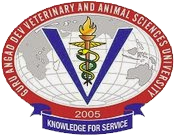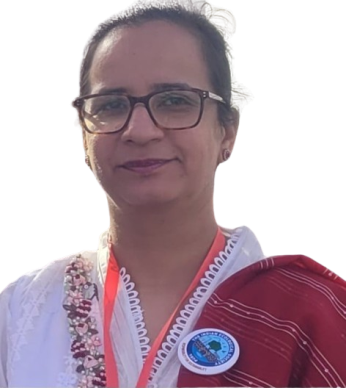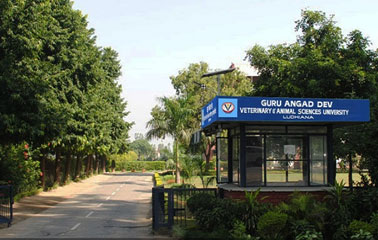


Designation: Principal Scientist (Fisheries)
Contact Address:Department of Aquaculture, College of Fisheries, Guru Angad Dev Veterinary & Animal Sciences University, Ludhiana, Punjab 141004
Telephone : 0161-2414061
Mobile: 9463747981
Email:vaneetinderkaur@gadvasu.in,vinnygulati@gmail.com
Other Appointments
|
Sr.
No. |
PI/Co-PI |
Title of Project |
Funding Agency |
Period |
|
1 |
Co-I |
Institutional Development Plan (IDP)
for Improved Learning Outcome, Skill and Entrepreneurship at GADVASU |
ICAR-NAHEP |
2019-23 |
|
2 |
PI |
Experiential
Learning Program - Ornamental Fisheries: Culture, Breeding and Seed
production |
ICAR |
2019-20 |
|
3 |
PI |
Optimizing
culture and breeding technology for air breathing, high value fish striped
murrel, Channa striatus (Bloch.) |
RKVY |
2016-2019 |
|
4 |
Co-I |
Extension
Tools for strengthening technical support to fish farmers |
ICAR |
2016-17 |
|
5 |
PI |
Standardization of culture technology
of duckweed (Lemna sp.) and its
utilization as feed in carp polyculture system |
UGC |
2012-15 |
|
6 |
PI |
Culture and breeding technologies for
Ornamental fishes in Punjab |
RKVY |
2011-14 |
|
7 |
Co-I |
Niche Area of Excellence -Inland
Aquaculture in Punjab |
ICAR |
2010-15 |
|
8 |
Assoc.
Sci. |
Establishment of Capacity Building Resource Centre for Intensive
Aquaculture Technologies in Punjab - Re-Circulatory Aquaculture System (RAS) and Biofloc
Aquaculture System (BFAS) |
PMMSY, DOF,
MoFAHD |
2021- Continuing |
Research Honour’s /Awards
| Research: 51 | Extension: 60 | Book/ Book Chapter: 05 | Manuals: 05 |
|---|
